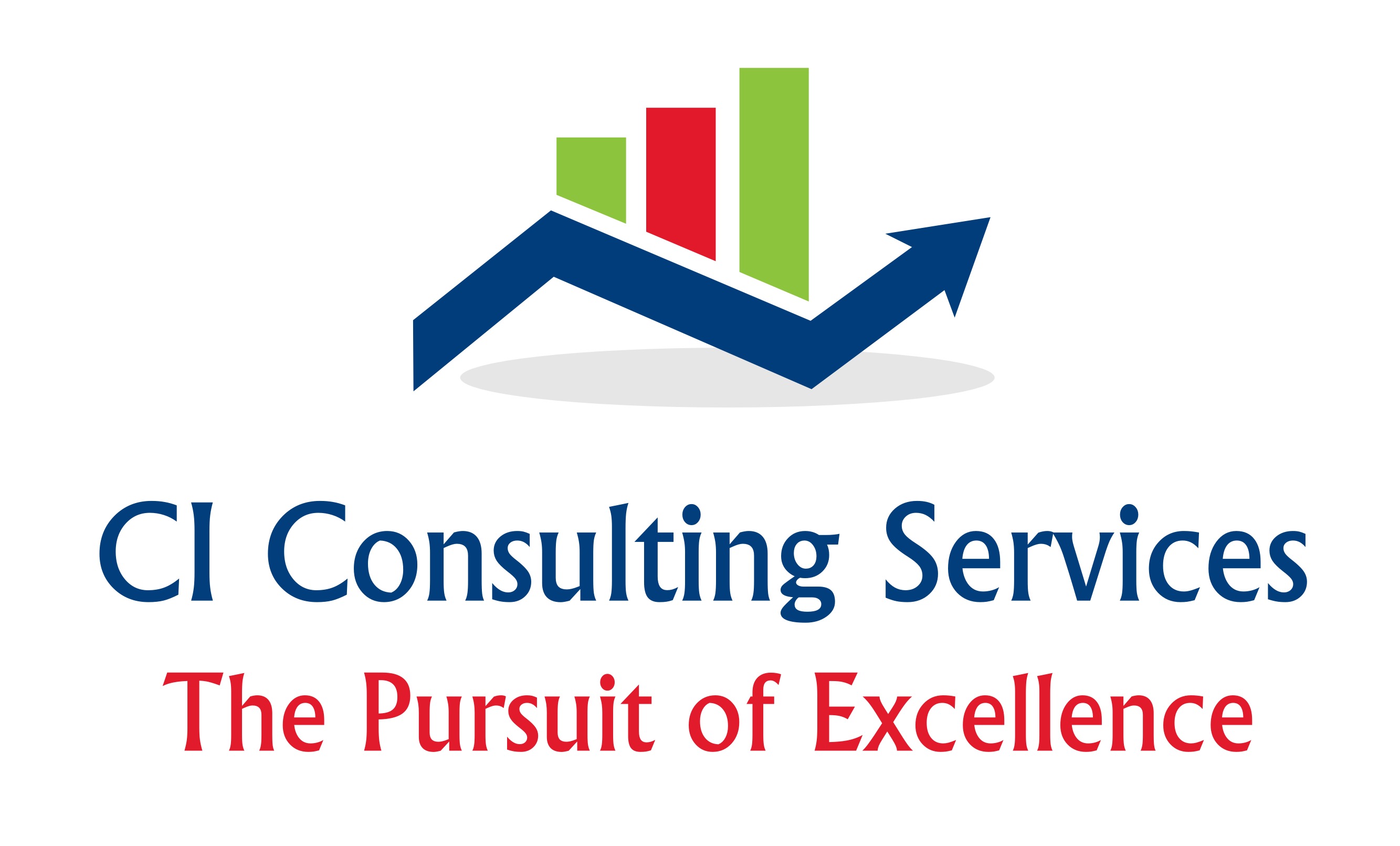
Necessary but not Sufficient
We all want to know the secret to achieving a certain goal. Perhaps learning a new language, or getting a raise at work is your goal. What's the one thing you need to do to be able to achieve your goal?
How can you achieve it faster than other people can? After all, you're a busy individual with lots of goals and if any one goal takes a long time, then something else has to lose out.
The automotive industry in the 1970's saw the Japanese ascend to prominence. When industry veterans looked at what the Japanese were doing they saw 2 things, robots, and Quality Circles.
The US auto industry and other industries copied these two concrete examples like crazy. Training was required and shortly there were lots of robots and lots of employees engaged in Quality Circles. Not surprisingly, the copiers did not achieve the results of the Japanese.
Various theories were floated as to why, ranging from American employees just don't care about improvement to the idea that certain ideas work in some cultures and not others.
The practice of copying successful practices without understanding the system that allows them to work is doomed to failure.
Robots and Quality Circles are what the executives saw. They did not see the underlying tenets of the system that allowed these practices to succeed.
In reality, Japan has had a labor shortage for a long time and robots were necessary to make up for the shortage. Also, Japanese employees are aware of and aligned with the goals and values of the company they work for - that's why Quality Circles worked for them.
Some companies implement gemba boards and wonder why people don't react when metrics are going in the opposite direction.
Other companies put in 5S and wonder why people don't maintain it (Hint, they probably think it's just housekeeping when it is really so much more than that.
The tools of Lean are necessary but not sufficient. When engaging people in CI efforts it's critical to make sure that the CI implementation is part of a company's strategy, not just an attempt to solve the 'problem of the month'.
Certainly training is involved, but the disconnect between training and practice can turn people off.
Instead, what's needed is a steering team that creates a vision. Then as people become aware of the world of CI they need to have a voice in the improvements rather than having changes imposed by what leaders think.
For instance, if a company is serious about improvement then implementing 5S is not an option - how people want their desk or workspace to be arranged should be an option based on what works for them, rather than being imposed from above.
Likewise, don't assume that people are lazy or they don't want to improve what they do.
I believe people want to go home feeling good about what they accomplished in a team or individual effort today - to get real improvement why not try talking to people instead of assuming you know what their problems are?
You might be surprised at what they tell you that you'd never see just through observation.
Enjoy the Fall weather. All the best.


